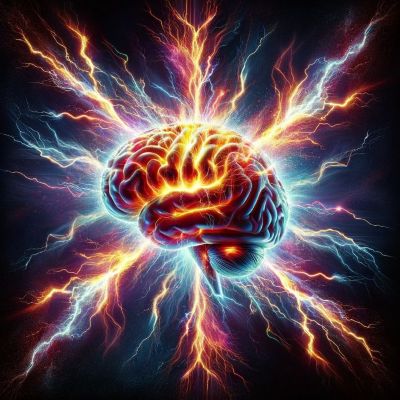Introduction
In an era marked by relentless stress, the pursuit of holistic well-being has emerged as a compelling antidote to the fragmented nature of modern life. Holistic healing practices, which encompass physical, mental, emotional, and spiritual aspects of health, have gained significant recognition for their ability to restore wholeness and empower individuals on their wellness journeys. With a focus on treating the root causes rather than just the symptoms, holistic healing embraces a comprehensive approach that encompasses a range of modalities, from ancient traditions to innovative therapies. This article explores the transformative power of holistic healing practices in promoting overall health and well-being.
Understanding Holistic Healing
Holistic healing approaches recognize that the human body is an interconnected system where imbalances in one area can affect the entire being. Unlike conventional medicine, which often concentrates on treating specific symptoms or diseases, holistic healing seeks to address the underlying causes of health issues, taking into account the interplay between the physical, emotional, mental, and spiritual aspects of an individual’s life.
Key Practices in Holistic Healing
- Mindfulness and Meditation: Mindfulness and meditation techniques have become fundamental practices in holistic healing. By cultivating present-moment awareness and promoting a sense of inner calm, these practices can reduce stress, enhance emotional well-being, and improve overall mental clarity.
- Herbal Medicine and Nutrition: Holistic healing emphasizes the healing power of nature, harnessing the benefits of herbs and plant-based remedies. Herbal medicine, combined with a focus on proper nutrition, can optimize physical health, boost the immune system, and alleviate various ailments.
- Energy Healing: Energy healing practices, such as Reiki, acupuncture, and qigong, recognize the existence of subtle energy fields within the body. By balancing and harmonizing these energies, practitioners aim to promote healing, release blockages, and restore vitality.
- Body-Mind Therapies: Body-mind therapies, including chiropractic care, massage therapy, and yoga, address the physical body’s needs while also incorporating the mental and emotional aspects of well-being. These practices promote relaxation, improve flexibility and posture, and enhance overall physical and mental resilience.
- Alternative Medicine: Various alternative medicine practices, such as Ayurveda, Traditional Chinese Medicine (TCM), and homeopathy, play a crucial role in holistic healing. These systems consider the individual as a whole and seek to restore balance by utilizing natural remedies and personalized treatment plans.
Empowering Health and Well-being
- Personal Empowerment: Holistic healing empowers individuals to take an active role in their health and well-being. By encouraging self-awareness, self-care, and self-responsibility, it enables individuals to make informed choices, adopt healthier lifestyles, and actively participate in their healing process.
- Integrated Approach: Holistic healing practices complement conventional medicine, providing a more comprehensive and integrated approach to healthcare. By bridging the gap between conventional and alternative therapies, individuals can benefit from a wider range of treatment options and optimize their overall health outcomes.
- Root Cause Resolution: Unlike symptomatic relief, holistic healing delves deeper to identify and address the root causes of health issues. By focusing on treating the underlying imbalances, rather than merely alleviating symptoms, holistic practices promote long-lasting healing and provide a more sustainable path to well-being.
- Emotional and Mental Wellness: Holistic healing recognizes the profound impact of emotional and mental well-being on overall health. By incorporating practices that address emotional blockages, stress management, and mental clarity, individuals can experience enhanced emotional resilience and achieve a greater sense of balance and inner peace.
Conclusion
As individuals seek to regain a sense of wholeness in their lives, holistic healing practices have emerged as powerful tools to empower health and well-being. By embracing a comprehensive approach that addresses physical, mental, emotional, and spiritual aspects of health, holistic healing fosters personal empowerment, facilitates root cause resolution, and promotes a profound sense of balance and harmony. As we move forward, integrating holistic healing practices into our lives can empower us to live more fulfilling and vibrant lives, nurturing our innate capacity for wholeness and well-being.





